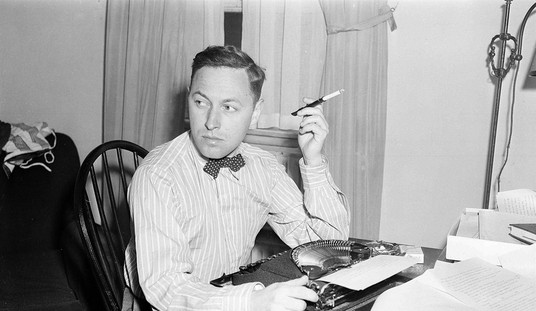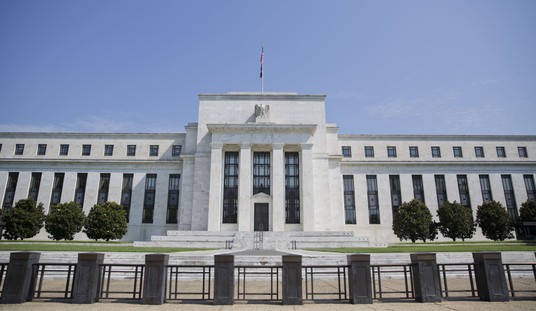Using tobacco contributes to climate change and human-rights abuses, UN Secretary-General António Guterres said in a message to the Conference of the Parties to the World Health Organization (WHO) Framework Convention on Tobacco Control in Geneva today.
The treaty was adopted in 2003, and the United States is one of six countries that signed it but never ratified the pact. Another nine nations never signed the FCTC.
The agreement put forth minimum regulations for the sale and distribution of tobacco products, as well as production and taxation. Member states are encouraged to make their own tobacco rules even tougher than the base standards in the treaty.
Guterres noted that with “7 million people dying annually due to tobacco, this treaty is central to improving global health.”
“It is also essential for the achievement of Sustainable Development Goal 3, which calls on us to ensure healthy lives and promote well‑being for all,” he said. “Significant achievements have been made in implementing the Convention. The new Protocol to Eliminate Illicit Trade in Tobacco Products has also advanced tobacco control globally.”
“But tobacco use harms much more than our health. It contributes to climate change and deforestation, and to human rights abuses across the supply chain. The Convention Framework provides tools to tackle these problems, contributing to sustainable development more broadly.”
The secretary-general said the work of the convention “requires a holistic approach that goes beyond health and embraces all areas in which tobacco has an impact.”
Dr. Vera Luiza da Costa e Silva, head said at the conference that the body had “stimulated the establishment of observatories to monitor the deceiving strategies of the tobacco industry in a number of countries with the aim to have a global platform containing real-time information.”
“Even though many governments have advanced tobacco control actions and clearly progressed on implementing the Convention, this is not a time to be complacent as great challenges are still lying ahead, Parties moving at disparate paces and the future remains uncertain,” she said, adding, “With astronomical budgets, the tobacco industry continues their furious efforts to undermine the implementation of our treaty. New front groups and entities have been created overnight in the four corners of the world and pretend to propose alternative livelihoods to tobacco growing, eradicate child labour, promote respect for human rights, control illicit trade and protect smokers and non-smokers from the harmful effect of second-hand smoke.”
Da Costa e Silvas said that “strengthening the Convention Secretariat is absolutely key to provide Parties, but also the wider tobacco control community and the treaty, with the necessary support, tailored responses to new demands and above the adequate defence to the relentless attacks of the tobacco industry.”









Join the conversation as a VIP Member